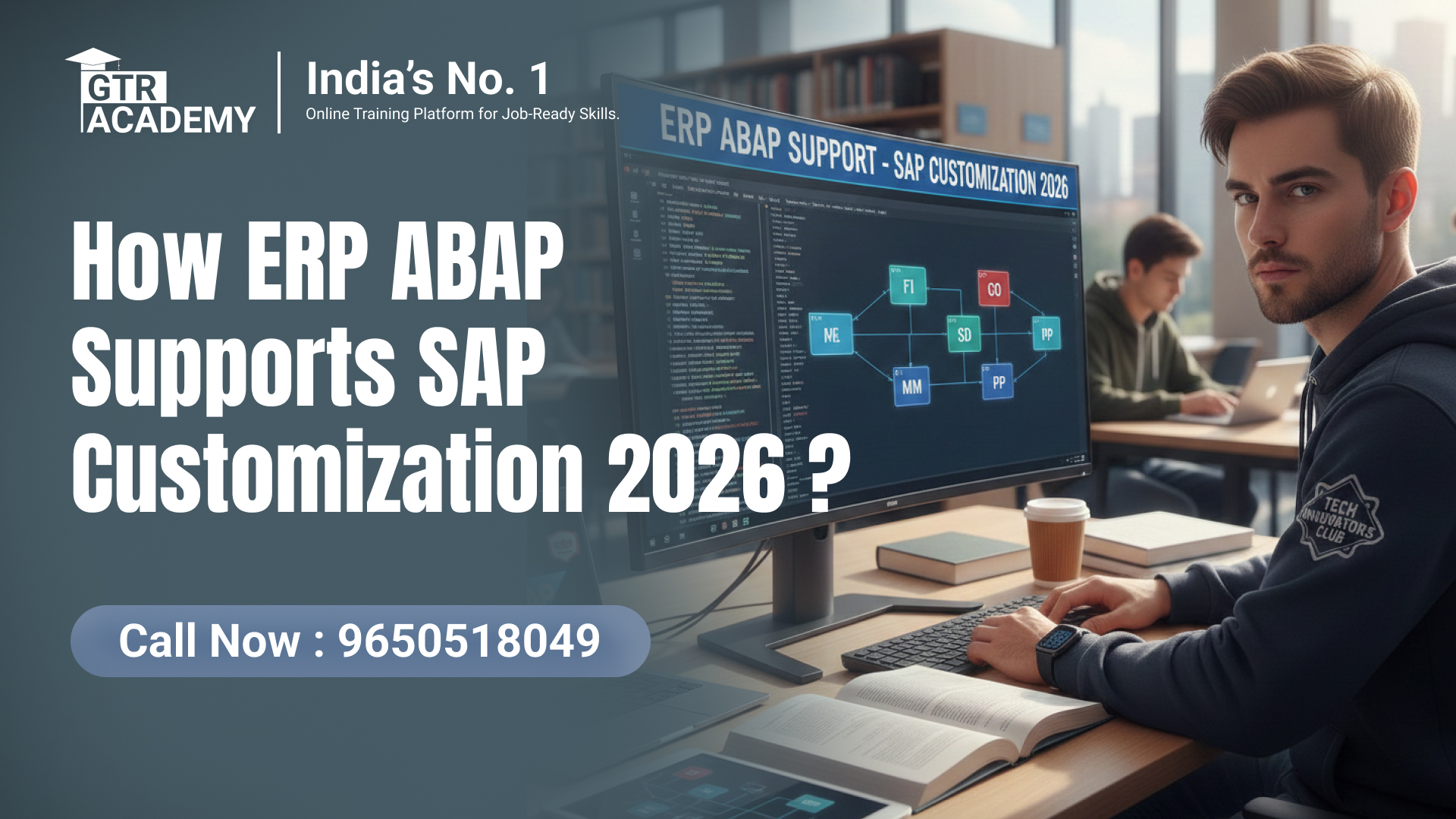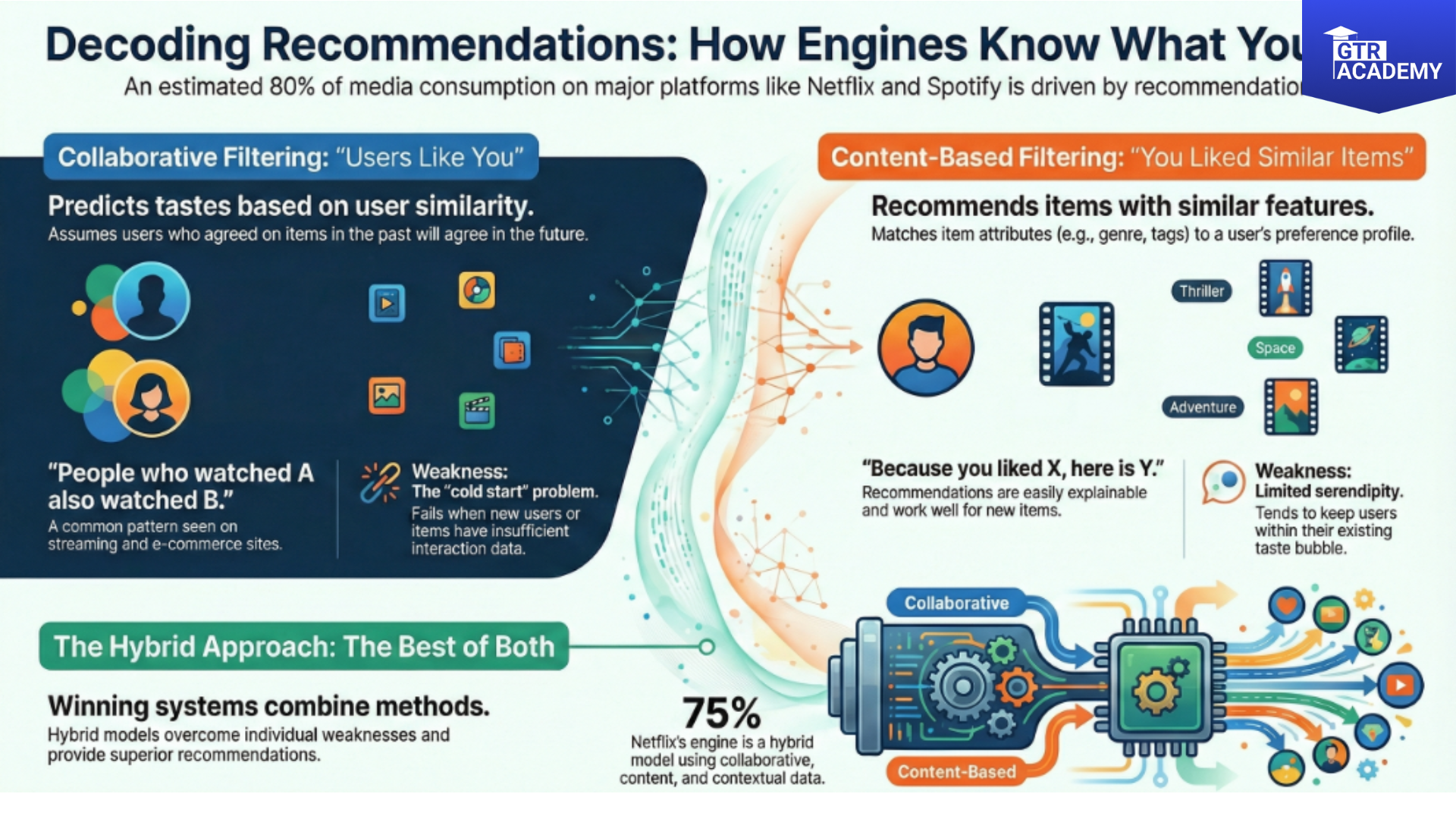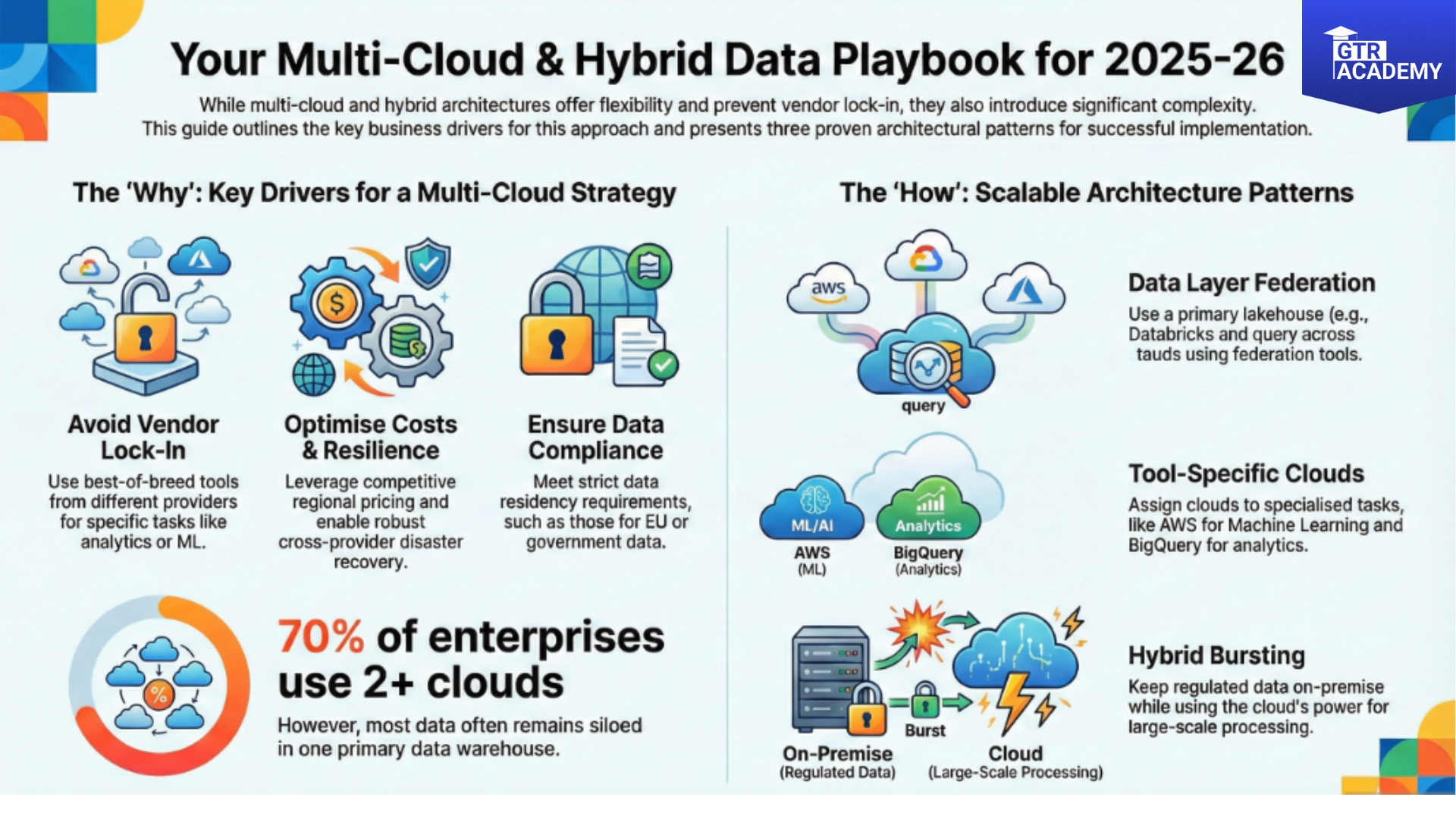Enterprise Solutions for a Greener Future
Introduction: The Urgent Need for Corporate Climate Action
As global temperatures rise and climate-related disasters increase, businesses face mounting pressure to reduce their environmental impact. SAP, a global leader in enterprise software, has committed to an ambitious net-zero emissions target by 2030—two decades ahead of the Paris Agreement’s 2050 goal.
This 1,000-word analysis explores:
✔ SAP’s net-zero roadmap and key strategies
✔ How SAP helps customers achieve sustainability goals
✔ The role of technology in accelerating decarbonization
✔ Challenges and opportunities in enterprise sustainability
1. What Does Net-Zero Mean for SAP?
Beyond Carbon Neutrality: A Holistic Approach
SAP’s net-zero commitment goes beyond simple carbon offsets. It encompasses:
-
Scope 1 & 2 Emissions: Direct operations and energy use (100% renewable electricity by 2023)
-
Scope 3 Emissions: Supply chain and customer usage (60% reduction by 2030)
-
Carbon Removal: Investing in verified sequestration projects
“Net-zero isn’t an endpoint—it’s a transformation of how businesses operate.”
— SAP Chief Sustainability Officer
2. SAP’s 4-Pillar Strategy for Net-Zero
Pillar 1: Clean Operations
-
Renewable Energy: All data centers powered by 100% renewables
-
Efficient Cloud Infrastructure: 70% reduction in PUE (Power Usage Effectiveness)
-
Green Buildings: LEED-certified offices with smart energy systems
Pillar 2: Sustainable Supply Chains
-
Supplier Engagement Program: 65% of procurement spend now covered by sustainability criteria
-
Blockchain Traceability: Conflict-free minerals and ethical sourcing
Pillar 3: Enabling Customer Decarbonization
-
Carbon Accounting Tools: Embedded in SAP S/4HANA
-
Circ Economy Solutions: 32% waste reduction for manufacturing clients
Pillar 4: Innovation Ecosystem
-
$200M Green Tech Fund: Startups developing carbon capture/AI solutions
-
Open API Platform: 450+ sustainability apps in SAP Store
3. How SAP Customers Are Achieving Net-Zero
Case Study 1: Siemens
-
Challenge: Decarbonize 300+ global factories
-
SAP Solution: Energy Management Module + IoT sensors
-
Result: 28% emissions drop in 3 years
Case Study 2: Unilever
-
Initiative: Sustainable palm oil supply chain
-
SAP Tool: Responsible Design and Production
-
Outcome: 100% traceability for high-risk commodities
Case Study 3: Maersk
-
Goal: Net-zero shipping by 2040
-
Technology: SAP Logistics Carbon Analytics
-
Impact: 15% fuel savings via route optimization
4. The Technology Powering SAP’s Green Transition
AI for Sustainability
-
Predictive maintenance reduces equipment energy use by 25%
-
Machine learning optimizes logistics networks (up to 30% fewer miles driven)
Blockchain for Transparency
-
Immutable records for carbon credits and recycled materials
-
Live supplier emissions tracking
Digital Twins
-
Virtual factory modeling cuts real-world waste by 40%
5. Challenges in Enterprise Net-Zero Journeys
| Challenge | SAP’s Response |
|---|---|
| Data Silos | Integrated Sustainability Control Tower |
| Supplier Resistance | Collaborative CO₂ reduction programs |
| Regulatory Complexity | Automated CSRD/GRI reporting tools |
| Greenwashing Risks | Third-party audited disclosures |
“The hardest part isn’t setting goals—it’s changing processes.”
— BASF Sustainability Lead
6. The Business Case for Net-Zero
Financial Benefits
-
19% lower energy costs for SAP customers
-
2.3x higher ESG valuation premiums (MSCI data)
Competitive Advantages
-
78% of procurement teams prioritize sustainable suppliers
-
64% of talent prefers eco-conscious employers
7. What’s Next? SAP’s 2030 Roadmap
2024-25 Innovations
-
Generative AI for ESG Reporting
-
Scope 3 Emissions Hype automation
-
Carbon Credit Trading Platform
Long-Term Vision
-
Product passports with lifetime carbon data
-
Water neutrality targets
Conclusion: A Call to Action
SAP’s net-zero ambition demonstrates that sustainability drives both planetary health and business growth. Key takeaways:
-
Technology is the accelerator – AI, blockchain and IoT make decarbonization measurable
-
Collaboration is mandatory – No company can achieve net-zero alone
-
The time to act is now – Early movers gain regulatory and market advantages
Next Steps for Your Business
[ Download] SAP’s Net-Zero Implementation Kit
[ Watch] Customer Success Webinar Series
[Contact] SAP Sustainability Advisory Team







